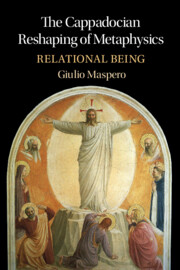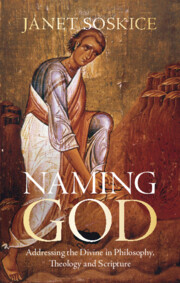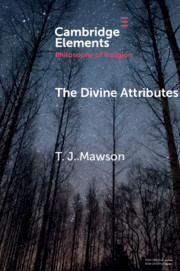This article makes a case for universal salvation based on the soteriology of Anselm of Canterbury's Cur Deus Homo. It argues that without an affirmation of universal salvation, Anselm's argument fails on the grounds of its own soteriological logic, which unites the fitting and the necessary for God, assumes the primary importance of divine aseity for understanding salvation history, and affirms the ontological unity of the human race as the object of God's redemptive love. Also detailed is the development of the relationship between mercy and justice in Anselm's thought from the Proslogion to Cur Deus Homo, and it is shown how Anselm's developed soteriology in the latter challenges major features of the Augustinianism he inherited. The article concludes that a robust theology of divine aseity like Anselm's will entail that creation be understood as a theatre for the manifestation of God's eternal love for his creatures.


